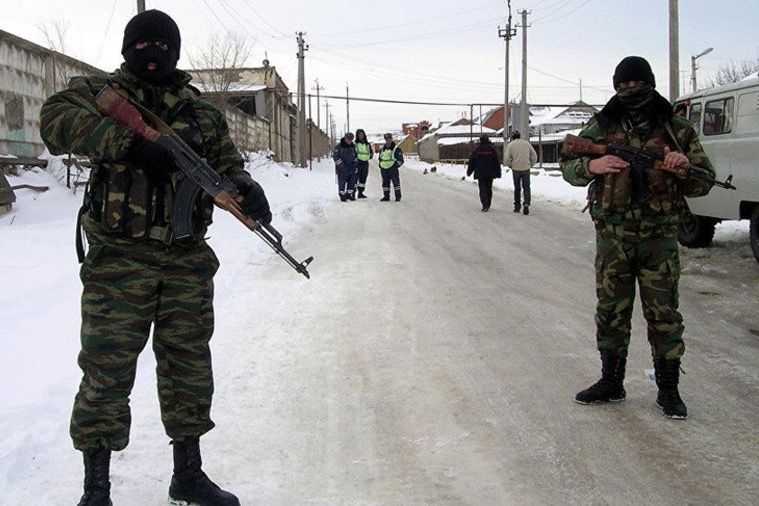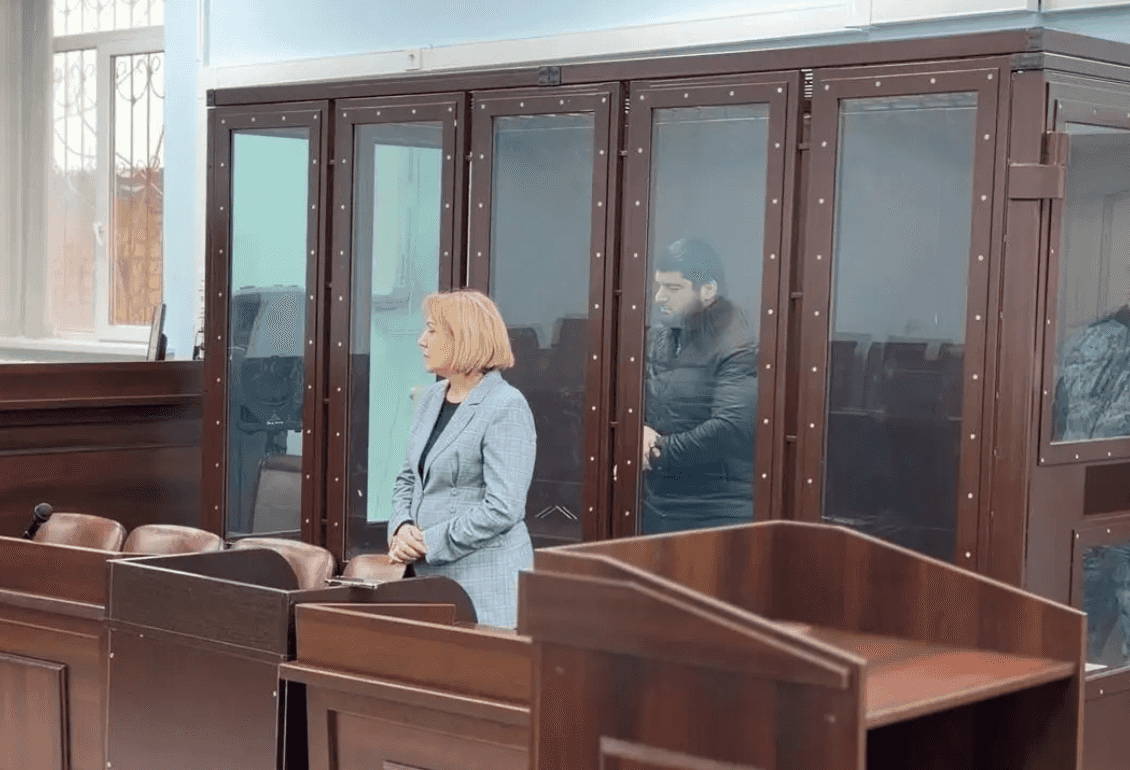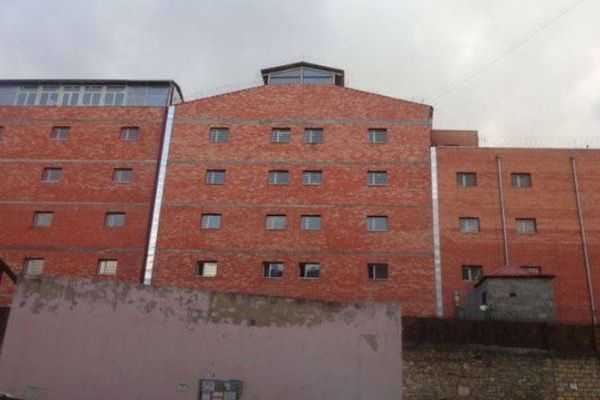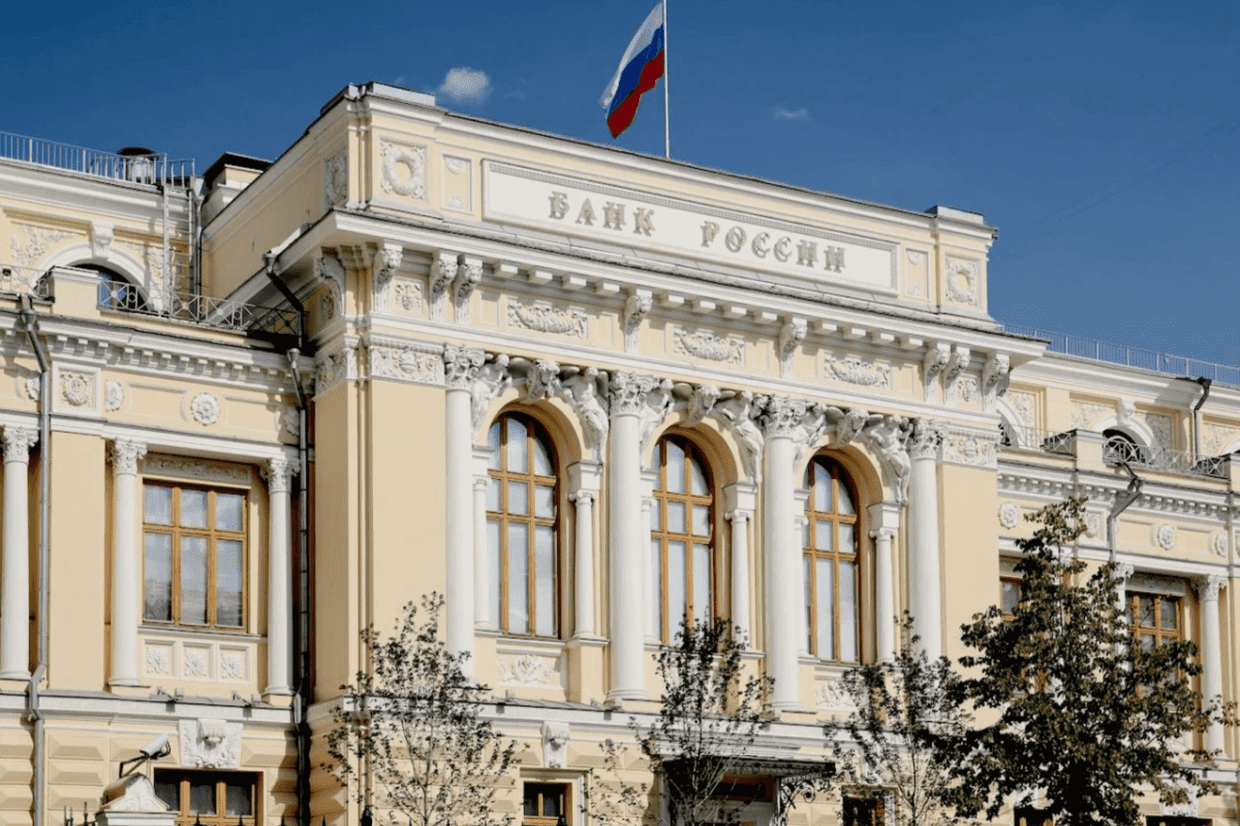
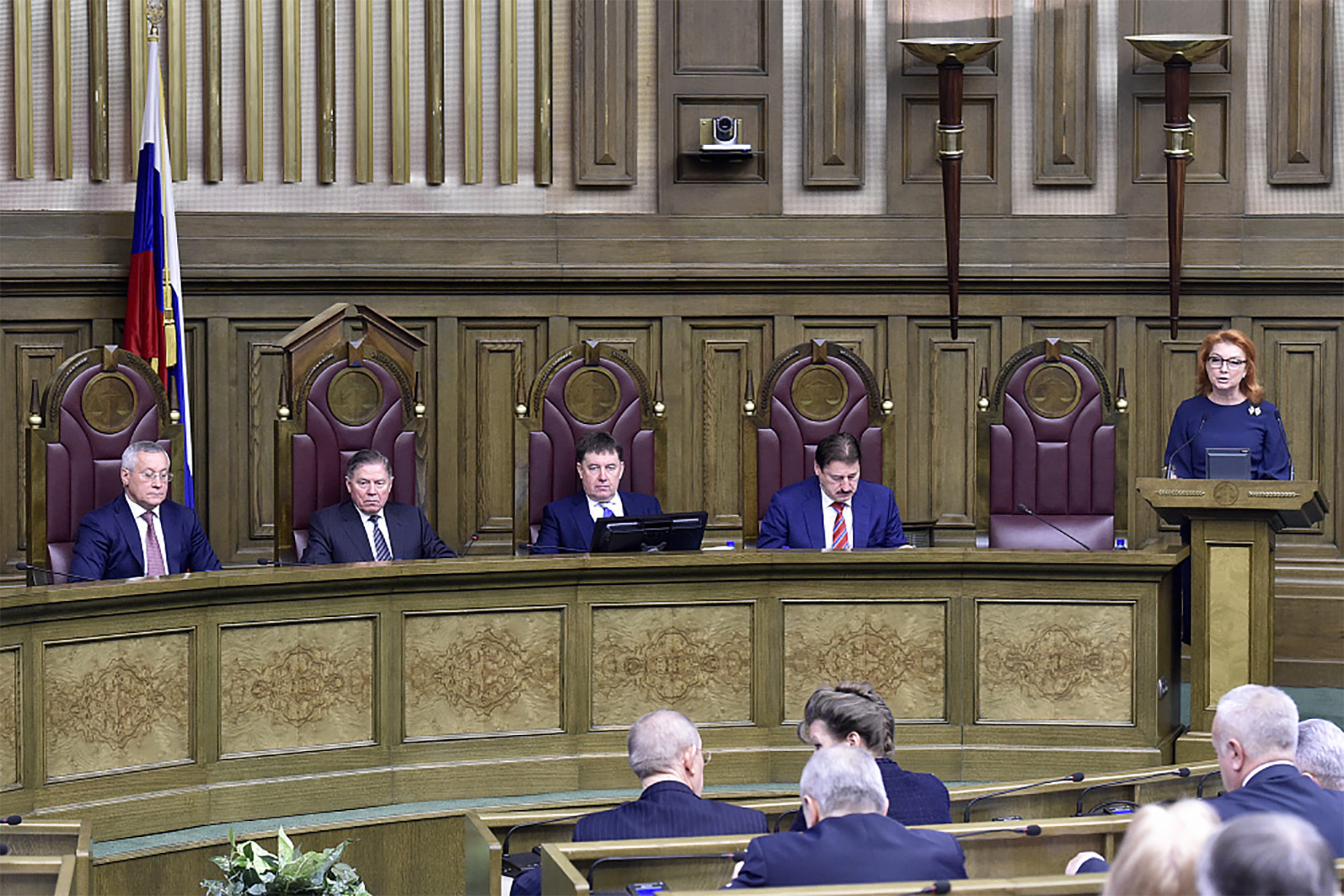
Four rights groups operating in different republics of the North Caucasus may face closure due to a lawsuit filed by Russia’s Ministry of Justice in the Russian Supreme Court. The ministry is seeking to close down Russian rights movement Za Prava Cheloveka (‘for human rights’), of which the groups are members.
Za Prava Cheloveka unites rights groups across Russia, including in Kabardino-Balkaria, North Ossetia, Ingushetia, and Daghestan.
The lawsuit, filed on 15 October, is based on an unscheduled audit conducted in December 2018. According to the Justice Ministry, the audit revealed that the group was a ‘foreign agent’.
The lawsuit also states that the movement did not correct ‘violations’ in their charter found during the audit. These violations included accounting records, staff schedules, and correspondence with individuals and legal entities.
The ministry has asked the court to close the movement and ‘its structural units’.
Za Prava Cheloveka as a ‘foreign agent’
Russia’s 2012 law on foreign agents applies to non-governmental organisations that are financed from abroad and are engaged in political activities. Za Prava Cheloveka was recognised as a ‘foreign agent’ after the Justice Ministry’s February audit.
Lev Ponomaryov, the movement’s leader, has been repeatedly fined for violating the law. According to Meduza, in February, he was fined ₽300,000 ($4,500) for refusing to register Za Prava Cheloveka into the ‘registry of foreign agents’.
In August, Ponomaryov was fined ₽100,000 ($1,550) for failing to indicate that his organisation was a ‘foreign agent’ in an article he wrote for Novaya Gazeta. In September, Ponomaryov and Za Prava Cheloveka were fined $1,500 for failing to indicate on the organisation’s website that the movement was a ‘foreign agent’.
Ponomaryov told Novaya Gazeta that the main reason the authorities were attempting to close Za Prava Cheloveka was that the organisation ‘is engaged in public campaigns that attract public attention’.
‘As a rule, our opponents are the FSB’, Ponomaryov said, adding that he considered the process against the movement ‘a political affair’.
Ponomaryov also said his speeches in defence of religious organisations persecuted in Russia could be behind the pressure on his organisation. He was one of the first to publish information about the mass detentions and alleged torture of Jehovah’s Witnesses in February in Moscow.
An ‘imminent explosion’ in society
Aslan Beshto, the leader of the Kabardian People’s Congress, a Circassian rights group in Kabardino-Balkaria said the pressure on Za Prava Cheloveka was not an attack on democracy because ‘an attack on democracy is possible only where democracy exists.’
‘This cannot be said about Russia.’
Beshto told OC Media that government pressure on civil society would lead to an ‘imminent explosion’ in society. ‘Thus, the government itself is creating a revolution’, Beshto said.
Boris Zumakulov, the Human Rights Commissioner of Kabardino-Balkaria, told OC Media that he was ‘not aware of the details’ of the lawsuit against Za Prava Cheloveka and ‘cannot say anything definite’ about it.
He said that his status as a Public Defender in the region, in accordance with the Constitution of the Kabardino–Balkaria, did not allow him ‘to interfere with the competence of bodies and officials and interfere in legal proceedings’.
‘Only Tatyana Moskalkova, the Commissioner for Human Rights in Russia can do this’, he added.



